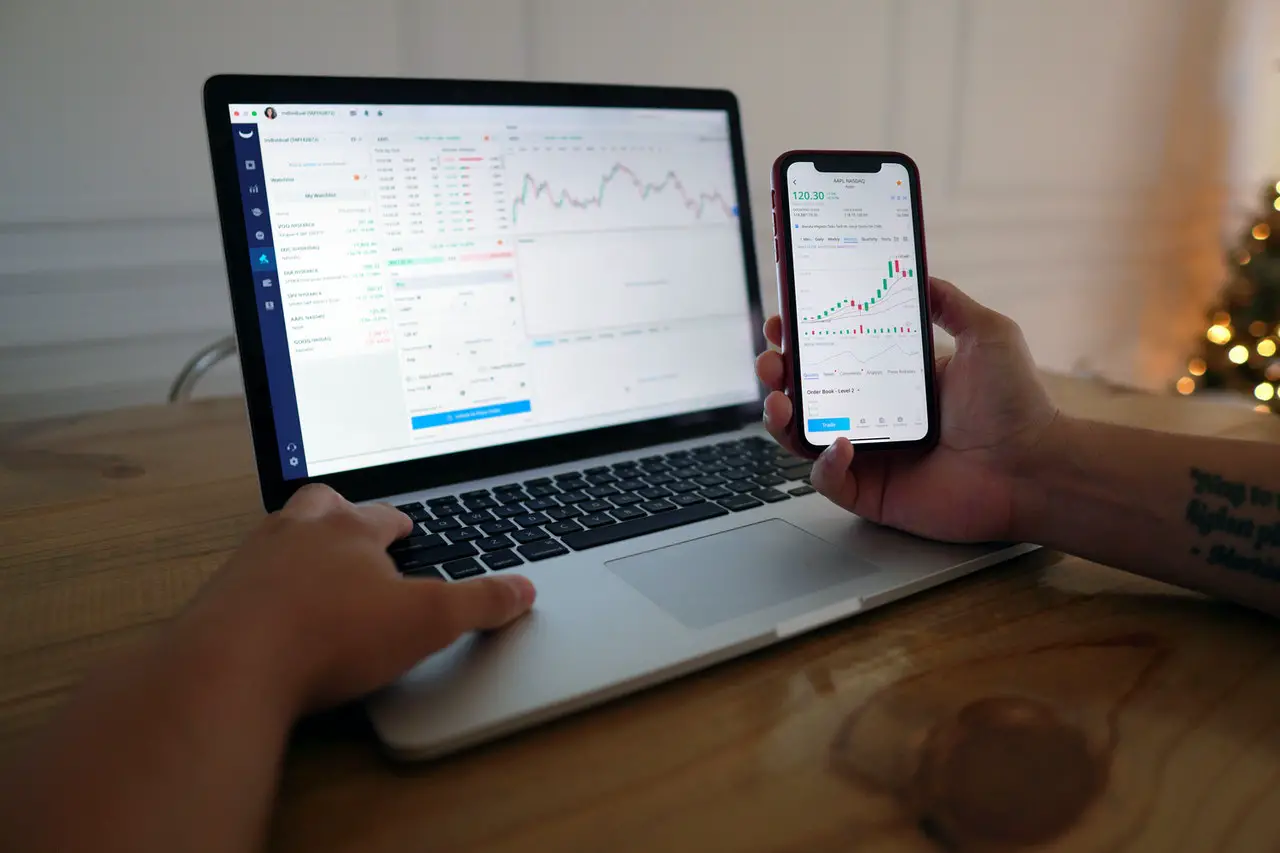Have you ever wondered how you can improve your investing?
You can use critical thinking for investing to get better returns, mitigate risk, and make better decisions all around. This is because critical thinking requires patient reflection, intentionality, an open mind, healthy skepticism, and frequent self-assessment.
This article will cover different aspects of critical thinking and show you how to enhance your investment game by deploying critical thinking for investing.
Critical thinking for investing
According to Colin Symons, chief investment officer of hedge fund Symons Capital Management, critical thinking involves being “objective, unbiased, open, and skeptical.”
Such a strategy is more important than ever when it comes to investing in 2021 and beyond, with FOMO (“fear of missing out”) rearing its ugly head with meme stocks and Dogecoin.
Let’s take a look at different aspects of critical thinking to see how critical thinking for investing can help you drown out all the noise and allow you to excel on your mission to increased financial security.
Patient reflection
Due to the aforementioned FOMO, it is more tempting than ever—especially in the Internet era, where news travels instantaneously—to jump on the latest trends.
Making hasty decisions, however, is liable to hurt you in the long run. When investing your money, whether hard-earned or not, it always pays to do your due diligence and properly research a company.
By deploying this pillar of critical thinking, you will bestow yourself with the patience necessary to do your homework and ensure that the company you’re investing your money in is fundamentally sound and fits your overall portfolio strategy.
Patience also plays a fundamental role in investing when you consider that simply investing in the market over time—for example in an ETF tracking the S;P 500—will yield you considerable returns over the long haul and is considerably less risky than picking a few individual stocks.
By exercising patience, you’re also likely to hold onto your winning stocks and reap the benefits of their long-term success rather than harvesting short-term gains and missing out on all the potential upside.
Intentionality
Intentionality is a bit of a buzzword, but it applies to essentially everything in life. It is quite eye-opening, in fact, to stop and reflect and consider just how much of our day goes by automatically—making that morning coffee, doing dishes, brushing our teeth, getting dressed, eating.
It can make a huge difference to stop and savor the food that you’re eating rather than simply stuffing it down your throat like a machine, and the same situation applies to investing.
By reflecting on your goals and values, you will find yourself in a much better position to assess your portfolio and make smart decisions that align with you, rather than all the noise out there.
If you firmly believe that cigarettes are terrible for people’s health and the environment—and feel the same way about fossil fuels and soda companies—then it would make sense for you to avoid companies under the umbrella of Big Tobacco, Big Oil, and Big Ag.
Investing with intentionality, another crucial aspect of critical thinking, will enable you to put your money where your beliefs are, which may seem somewhat inconsequential but is hugely significant because you’ll be living in greater harmony with yourself.
An open mind
Another pillar of critical thinking is maintaining an open mind, rather than being dogmatic, that is, close-minded.
If you become emotionally invested in a stock or fund manager, for example, this may prevent you from making the necessary changes to your portfolio. It is crucial to keep an open mind so that you can continually make objective decisions that best fit your portfolio strategy.
Letting yourself get tied down to one asset class, one investing theme, one fund manager, etc. will almost certainly limit the upside of your portfolio and greatly increase your overall risk.
It might well be that for twenty years a company was excellent and provided amazing growth. But if it takes a turn for the worse—and it’s obviously not a small, temporary issue—then it may be time to let go.
If you don’t keep an open mind and fail to remember that past performance does not guarantee future returns, then you’ll fail to make the necessary changes that will help you continue to make strong gains toward financial freedom.
Healthy skepticism
With the FOMO that people feel and our tendency to jump on bandwagons, it’s important to maintain a healthy level of skepticism.
While yes, it’s quite possible that cryptocurrency could become a central component of global finance moving forward, it’s important to maintain a bit of skepticism and do your due diligence before diving in with your own money—particularly if you want to invest a significant chunk of your overall portfolio.
This goes for many prominent investing themes at the moment—like electric vehicles, for example. While it is a wonderful thing to be optimistic, as an investor it is important to practice your critical thinking and maintain a certain skepticism as it will require you to do your research, therefore helping you make smarter investment decisions
Frequent self-assessment
Taking stock (pun fully intended) of your thinking process and your behaviors is a fundamental part of critical thinking. In investing, frequently assessing your portfolio and investing behaviors is also crucial.
It’s also never been easier, as there are free options like Personal Capital that allow you to more easily monitor your investments, even across multiple brokerage accounts and investment vehicles.
By consistently weighing your diversification and keeping tabs on the performance of the companies whose stock you own, you’ll help ensure that you’re on track to make strong gains over the long term.
Wrapping up
Focusing on critical thinking for investing will absolutely make you a smarter investor.
By leveraging patience, intentionality, open-mindedness, skepticism, and self-assessment, you will position yourself to drown out the noise and constant FOMO and make the best decisions for your portfolio strategy.





